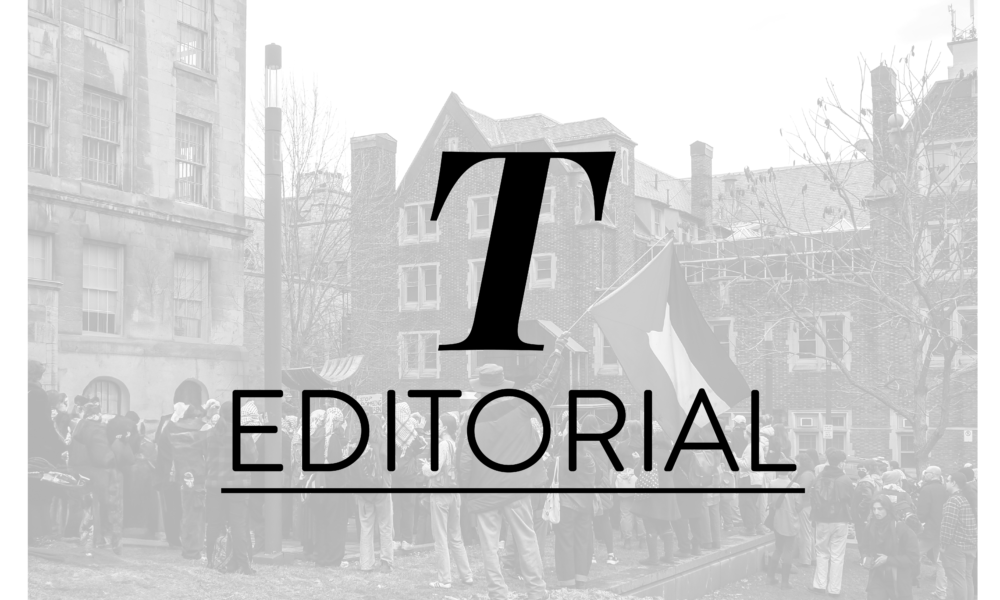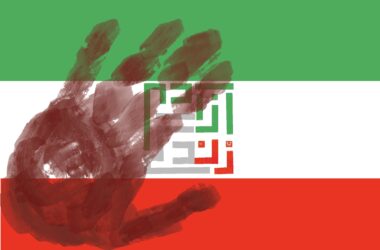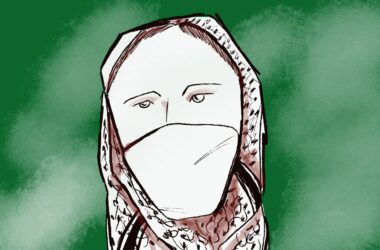On Sep. 9, white nationalist group the Second Sons announced the opening of a Montreal division. This expansion is part of a rising wave of extremist ‘active clubs’ across Eastern Canada. Framed as organizations propagating a combination of fitness and men’s mentorship, these ‘active clubs’ co-opt medieval aesthetics and martial rhetoric to recruit young men and promote an ethos of nationalism, misogyny, and white supremacy. The group’s rhetoric frames white Canadians as victims of cultural displacement, a narrative rooted in the “Great Replacement” theory, which villainizes immigrants and people of colour.
This growth is not atypical: neo-Nazi active clubs have increased by 25 per cent worldwide since 2023, with more than 181 active chapters operating in 27 countries, including Canada. The announcement of the Second Sons’ Montreal chapter follows a recent march by a “Canadian men’s nationalist” group, which took place in Ontario’s Niagara Region over Labour Day weekend.
Resurging white nationalism across Quebec and Ontario poses pressing questions of student susceptibility and institutional responsibility at universities like McGill. Universities are not only targets for recruitment, but also risk becoming complicit in fostering hate when such conversations are presented as innocuous ‘debate.’ These organizations openly encourage violence and target marginalized communities that form much of McGill’s diverse and international student body. While recruitment for these groups often happens off-campus, universities are crucial in shaping whether such rhetoric is normalized or rejected. McGill has previously hosted speakers whose rhetoric dehumanizes entire communities, such as Mosab Hassan Yousef, a former Israeli military informant who has made explicitly Islamophobic statements that frame an entire religious group as expendable. By allowing speakers like Yousef on campus, McGill reinforces extremist rhetoric and signals to socially vulnerable students that dehumanizing communities is acceptable discourse, in turn encouraging these students to delve into hateful extremist ideologies.
In Quebec, this increase in political and ideological extremism cannot be viewed as an isolated incident. The province’s increasingly conservative political climate—particularly around topics such as immigration and secularism—has enabled policies that disproportionately affect religious minorities. Provincial leaders consistently scapegoat immigrants for social and economic hardships, most notably the housing and healthcare crises. Premier François Legault, for instance, has falsely claimed that 100 per cent of Quebec’s housing crisis can be attributed to immigrants. This environment redirects economic and cultural anxieties away from structural issues and toward scapegoated ‘outsiders.’ Extremist groups exploit this dynamic, channeling public frustration into racialized hostility. By positioning themselves as defenders of ‘heritage’ and masculinity, organizations like the Second Sons weaponize economic hardships—particularly rising living costs—to recruit young men into white nationalist networks.
The establishment of a Montreal division of the Second Sons only fortifies the immediacy of this risk. If left unaddressed, the rise of white nationalist and extremist groups in Quebec undoubtedly leave McGill students, particularly those who feel socially isolated, amenable to joining hateful networks. In 2020, McGill students attempted to form a ‘White Students Union’ with the baseless rationale that McGill does not serve the interests of white students. This example alone should be a wake-up call for the McGill administration that campus spaces are not immune to white supremacy.
Universities have a responsibility to provide supportive environments that combat bigotry by offering accessible mental health resources, anonymous peer-support lines, and inclusive social spaces that strongly counteract hateful ideologies. McGill must actively reject hate speech and abolish existing platforms for extremism, and instead foster critical media literacy and community-building. By prioritizing student safety, belonging, and mental health, McGill can prevent far-right radicalization and protect its marginalized communities, all while setting a crucial precedent for other universities, and greater Quebec, to follow suit.









